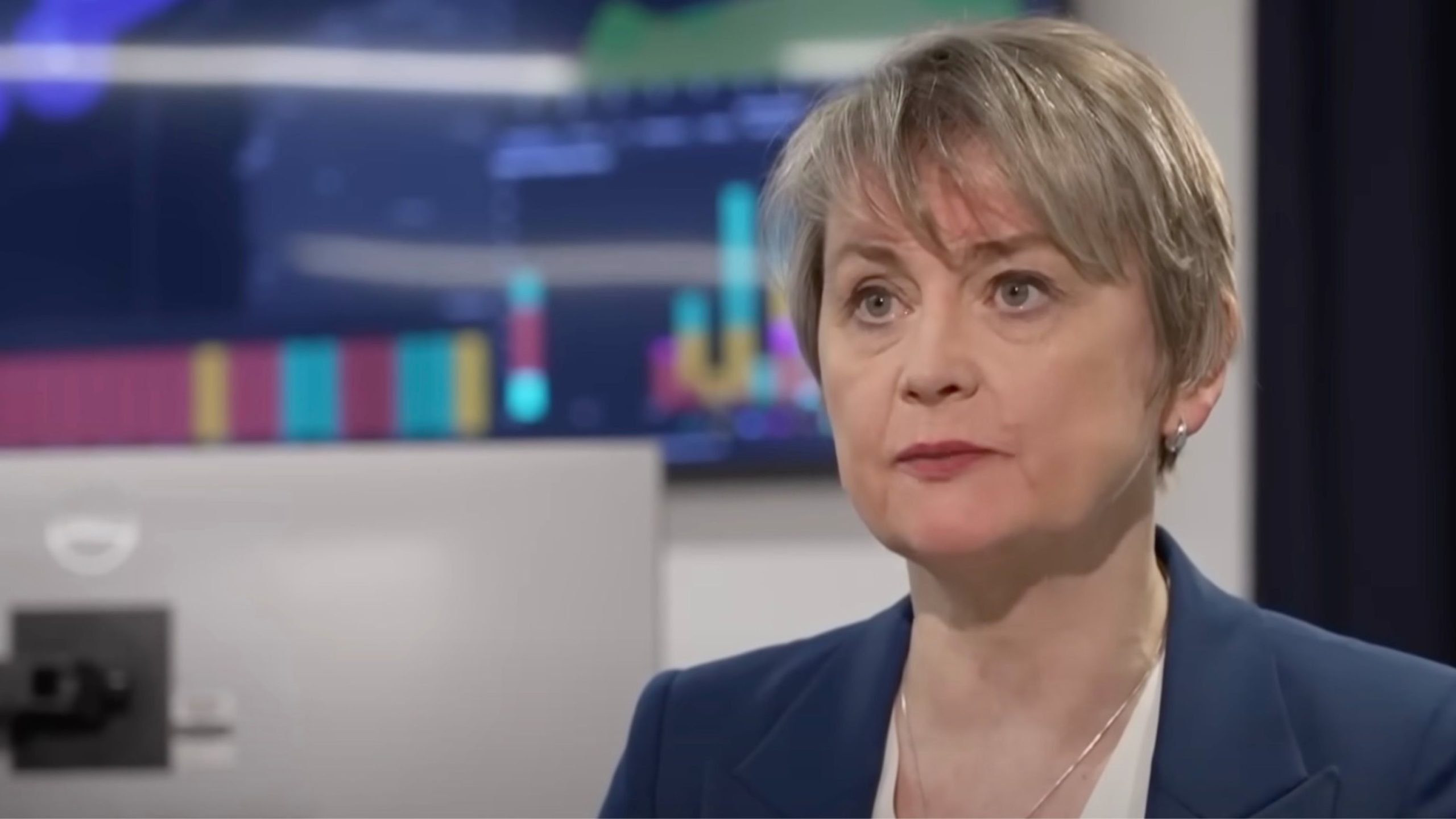Judging by the most recent statements made by UK Home Secretary Yvette Cooper, the government feels it will have to implement even more stringent speech-restrictive measures than those contained in the sweeping and controversial censorship law, the Online Safety Act.
Appearing on a BBC political talk show, Cooper kept beating the now well-established drum the ruling Labour has gone for in the wake of last year’s Southport killings, and subsequent mass protests – namely, to try to portray social media companies as somehow “a part of the crime,” which is verbatim how the cabinet minister put it.
One of the recurring themes these last weeks, since the Southport trial saw its conclusion, has been that tech companies are “morally responsible” for not deleting (that request came only last week) one of the violent videos viewed by the killer, Axel Rudakubana.
This request was made even though said companies are under no legal obligation to do that, until the spring of this year and the start of the enforcement of some parts of the Online Safety Act.
The stage set that way, Cooper’s logic – or lack thereof – goes like this: “We are being clear that we are prepared to go further if the Online Safety Act measures are not working as effectively as we need them to do,” she told the host, Laura Kuenssberg.
There is no way to predict how social media firms will act once they are under obligation to remove certain types of content – and yet Cooper is already threatening to make the Online Safety Act even worse.
After the case played out in court, the authorities are now going to organize an inquiry that will broaden the narrative and examine how social media, i.e., the content that third parties can publish there, is influencing “online radicalization” (Cooper mentions Islamist and far-right extremism in the same breath) and “obsession with violence” among young people.
At one point – but well into this attempt to implicate the availability of both illegal and legal content related to violence as an important factor behind the Southport tragedy – the interviewer mentions that Rudakubana was “on the radar of the social services, he was on the radar of Prevent, a Home Office program, and yet no one stopped him.”
When asked whose responsibility it was to stop him before the crime, Cooper danced around the topic (but surprisingly, didn’t name social networks.)










